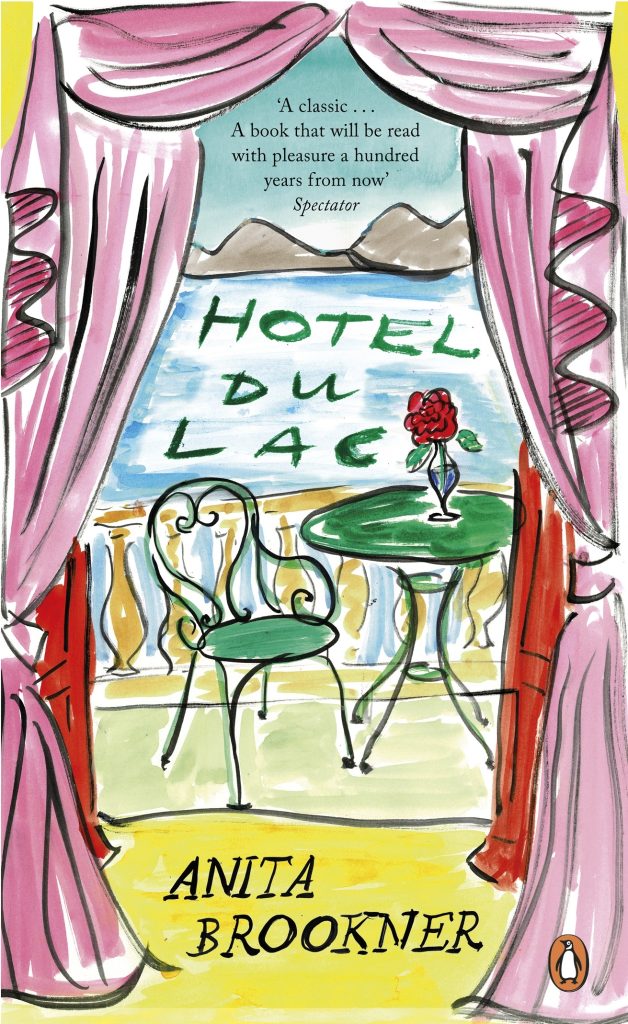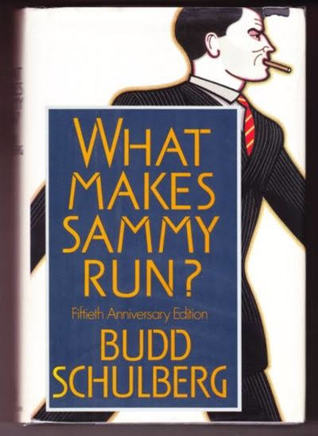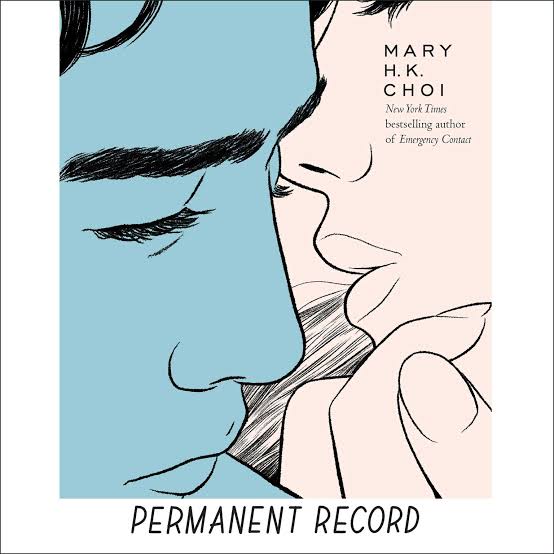When I started reading this gentle, slow-moving novel, I couldn’t understand how it could have won the 1984 Booker Prize. It is so … slow. And yet I’m stubborn, which can make me annoying, but it also means when I buy a book I’ll force myself to keep reading, even when I want to ditch it and start drinking tequila instead.
In this case, as with a few others (I almost gave up on A Confederacy of Dunces, now one of my all time favourites), I’m glad I persisted. Roughly halfway through, I found myself engrossed. Toward the end, enthralled.
Laced with beautifully dry humour (and I mean dry – like a martini with no vermouth whatsoever), Hotel Du Lac is about Edith Hope, a romance novelist who is persuaded to flee to a Swiss hotel on a forced vacation to escape an embarrassing scandal she caused at home.
Edith doesn’t come across as the kind to cause a scandal. Quiet and reserved, she’s immediately judged by the other, more forceful hotel guests as being meek and in need of company and advice. These guests include:
- the extravagant and wealthy Mrs Pusey and her doting daughter Jennifer, who like to convert any unsuspecting sap into an audience for their tales of spending
- Monica, an anorexic who loathes the Pusey pair and is only at the hotel because her husband wants her to gain enough weight to bear children
- the charming (yet obnoxious) Mr Neville, who has decided Edith’s only hope is to marry him (even though he’s a stranger and declares they will have a loveless marriage) in order to access a higher rung of society and avoid judgement and shame.
I have a certain approach to writing. I like my sentences short, my pacing fast, and so novels like this throw me as a reader. Yet in the end I was able to slow down enough – and the novel sped up enough – for me to fall for this, just as Edith eventually succumbs to the unexpected pleasures – or at least, distractions – of the Hotel Du Lac.
I’m not sure if it’s worthy of a Booker, but Hotel Du Lac is certainly worthy of being adored.



